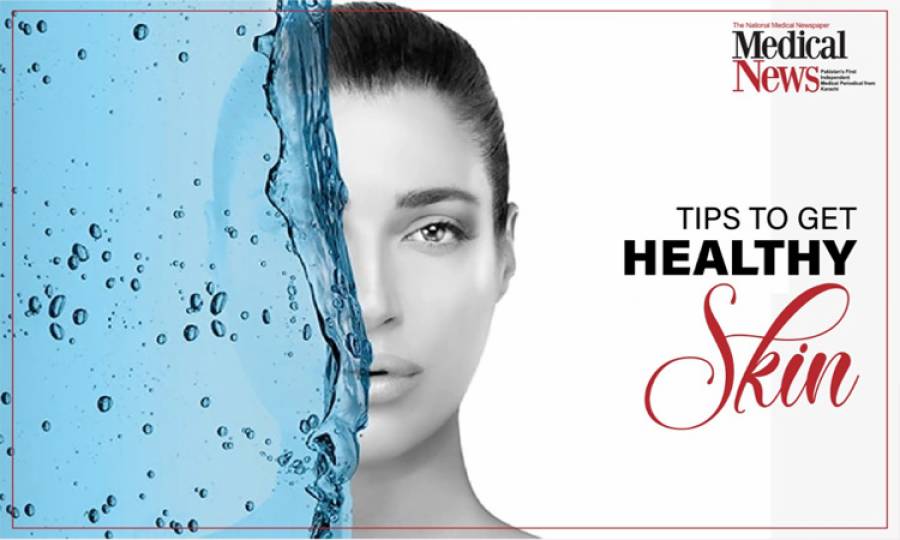Here's How to Get Healthy Skin With Fasting

The holy month of Ramadan comes with a change in dietary and sleep patterns. That sudden change in the lifestyle combined with long fasting periods can cause havoc to your skin. The lack of attention to skin and daily beauty routines further takes it one step forward, and the condition of our skin tends to decline. However, if you are looking for that glow from within this Eid, you must put in extra effort to take care of your skin in Ramadan.
Stay Hydrated
One of the most challenging things in Ramadan is to maintain the water intake. Fasting rehydrates the skin, so it's essential to make sure that you make up for all the water loss. In addition to any other fluid intake, around eight glasses of water must be taken between suhoor and iftar. If you do not like plain water, you can infuse it with fruits. It boosts your immune system, flushes out toxins, and keeps you hydrated and calorie-free. Great combinations to infuse your water with are lemon, cucumber, mint, ginger, and strawberries.
Follow a Skincare Routine
While your sleep and dietary habits change, you also need to make way for a change in your skincare routine. Topical hydration is as crucial as systemic hydration and can help to plump up your skin. Make sure to introduce good skincare products according to your skin type. Toners and essences do wonders to make up for all the water loss from the skin, making skin more plump and balanced while maintaining the skin's natural pH.
Massage Regularly
This type of massage that can be achieved from anything from your hands to a jade roller or a gua sha stone has several health benefits. The form of massage helps maintain proper blood circulation in your face and balanced body fluid and supports your immune functions. Using a jade roller or simply massaging your face with your clean hands in upward circular motions can reduce puffiness, drain toxins from your skin and improve circulation, amongst many other benefits.
Avoid Fry Food Items
Oily food items can alter oil glands in the skin, making them prone to increased oil production. The altered oil and water balance don't only contribute to acne and inflammatory conditions but also lead to dull and sensitive skin. For healthy skin, try to avoid junk and fried items. Indulge in food rich in antioxidants and protein that keep your skin glowing.
Take Supplements
Lack of nutrition due to restricted dietary habits can often result in vitamin and mineral deficiencies. Skin supplements that contain vitamins and antioxidants enhance well-being and often do wonders in promoting healthy skin.
Supplements recommended for healthy skin contain vitamins C, E and A, as well as selenium and zinc.
Advertisement
Trending
Popular
Hair loss: Discovery uncovers key stem cells that could reverse ...
-
Broccoli sprout compound may help lower ...
11:31 AM, 25 Feb, 2025 -
Gas Pain vs. Heart Attack: How to tell ...
09:00 PM, 22 Feb, 2025 -
Coconut oil supplement shows promise ...
08:00 PM, 20 Feb, 2025 -
Normal vitamin B12 levels may still ...
05:00 PM, 19 Feb, 2025



